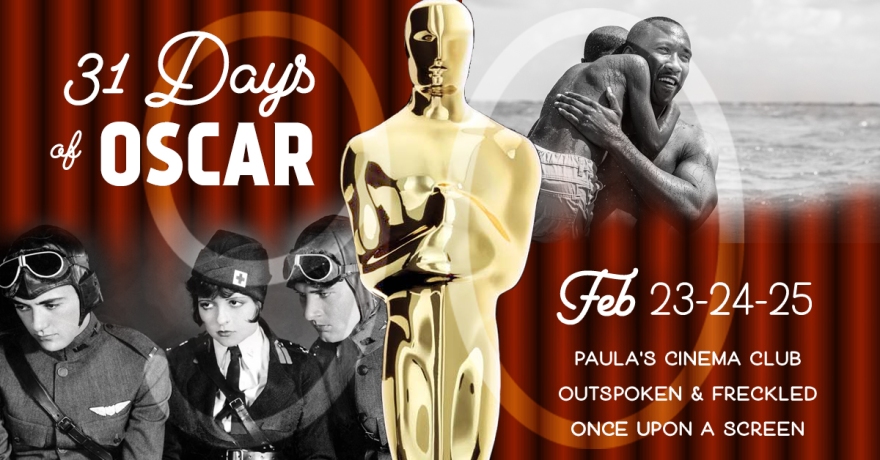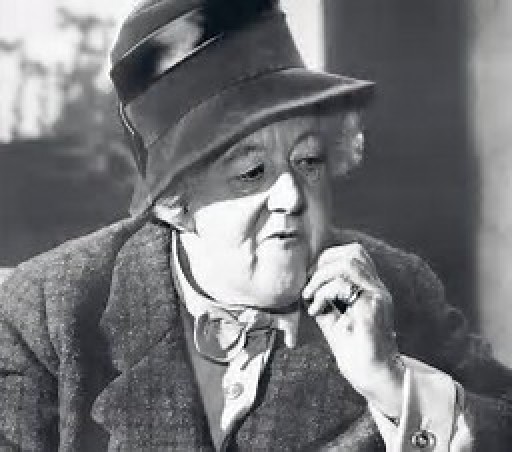“It’s that time of year again when the best of the best in the film industry vie against each other for the coveted and sought after Oscar. The Academy Awards is celebrating its 90th year. On March 4th, it is hosted, for the second time, by popular late night talk show host and executive producer, Jimmy Kimmel.
JimmyKimmel Live! has been on ABC since 2003. To be on television for 15 years is no small feat. Kimmel is a witty, entertaining comic who has an unassuming persona. To general audiences, he is likable. Based on the title of this post, please do not assume that I am trying to imply that Jimmy Kimmel comes across like Forrest Gump or even that he looks like Tom Hanks. However, some people claim to see a resemblance
So, what am I implying? My claim is that Oscar nominees have worked on, contributed and created an Artistic film version of a great story. This story has attracted audiences due to its relevancy in their lives. The social issues explored, alluded to or addressed in the film imitate real life. An example of this is the Oscar-winning movie: Forrest Gump (1995). It has numerous social ills that reflect its relevance. It is because of the importance of relevancy that Jimmy Kimmel is the perfect host for the Oscars. As far as hosting the Oscars, you could not find a better and more perfect host. Unlike The Last Week Tonight show with John Oliver or Steven Colbert in The Late Show, Jimmy Kimmel’s Kimmel Live! stayed out of the political fray; until, this year.
Soon after his son was born, a nurse noticed an unusual breathing pattern in the child. Jimmy Kimmel’s second child by wife Molly needed heart Surgery. This life threatening medical problem for his infant son will later provide Kimmel with a social issue, child health care, that he felt he must address with his audiences. His concern was for thousands of children who need expensive medical care; but, whose parents could not afford it. Now, his show was not just about comedy, it now became relevant to every parent in his audience.
Over the years, the Oscar ceremonies has evolved from just an award show. It has become a platform for social issues and injustices too. Watching the Oscars is not just about the red carpet, glamour, clothes, who will win, and the beautiful. Today, it makes social statements with interviews, ribbon pins or speeches. Watching the Oscars has evolved into an event that is extremely relevant today.
This is an excerpt from The Washington Post quoting part of Kimmel’s monologue from last year’s Oscars:
He mentioned that the Oscars were airing in “225 countries that now hate us,” and said he was happy that Homeland Security let French Oscar nominee Isabelle Huppert into the country.
The U.S. is divided right now, Kimmel said, and people have been telling the host that he needs to say something to unite everyone.
“Let’s just get something straight off the top: I can’t do that. There’s only one Braveheart in this room and he’s not going to unite us either,” Kimmel said referring to Mel Gibson. Then Kimmel said that the best thing to do would be for people to reach out to someone they disagree with and have a conversation. “That could make America great again,” he said.
If you were one of those people who did not see Kimmel’s heart wrenching pleas to politicians and lawmakers to extend funding for Children’s Health Insurance (CHIP), I have included it below this paragraph. Again, his own infant son had to undergo heart surgery, not once but twice, as an infant and at age 7 months. Kimmel’s passionate cry for “common sense and decency” touched the hearts of millions. So, besides the fact that Kimmel is an excellent choice for hosting the Oscars due to his wit and comic timing, he is also a relevant choice because he publicly cares about many social issues that people face today. By the way, CHIPS was not extended due to budget cuts.
Kimmel’s Plea For “Common Sense and Decency”
This clip is a little over 13 minutes. If you have not seen it, you might like to watch it now. Warning! If you do watch it, you will laugh; but, your eyes will tear up too. This is a parent who not only loves his child; but, who is also deeply concerned for other parents whose children are sick and; cannot afford healthcare without government assistance.
Once again, I believe that one of the common attributes of an award-winning film is its relevancy for people of today and in the future. I had to think about all the movies that touched my heart. Nearly, all of them were Oscar-winning movies: To Kill a Mockingbird; On The Waterfront; Road To Perdition; Signs; The Prestige; Rocky; Inception; Warrior; Locke; The Patriot; and so many more. The topics varied; but, they always had heart warming moments that touch my very soul.
Here is my favorite scene picks that personally affected me the most from Forrest Gump
The last 15 minutes of Forrest Gump is pure movie magic. Forrest (Tom Hanks) is recently widowed and raising his five-year old son as a single parent. When Forrest watches his little boy get on the school bus, alone for the first time, is when my eyes become floodgates. He sits on a tree stump at the bus stop; and, there he patiently waits for his son to return to him: safe and loved. This always brings tears to my eyes. The relevancy should be obvious for any parent and perhaps children too. Especially, in light of the heinous acts of violence on America’s children in schools and on the streets. The unspoken fear of every parent: their child does not return to them after school or after play.
This first clip is Forrest caring for his sick wife and some discussion of what Vietnam War was like. Then, he visits her grave. It is nearly six minutes long. It goes by very quickly.
This next clip is very short: 36 seconds. Forrest is sending little Forrest on a school bus. Haley Joel Osment plays Little Forrest in his first film role at the age of six.
This scene shows Forrest prepared to sit there on that tree stump; until, little Forrest returns. Besides the great story, the acting, the cinematography, the director, …music adds layers of complexity to the make a memorable scene.
Forrest Gump won six Oscars at the 1995 Academy Awards: Best Picture, Best Director, Best Actor, Best Adapted Screenplay, Best Film Editing and Best Visual Effects. It was nominated for 13 Oscars. Many critics agree that this movie is one of the top ten movies ever produced. I believe one of the reasons is its relevancy for the audience. This movie addresses single parenting, the physically and mentally challenged, child abuse and incest, War, Veterans of war, Civil Rights, falling in love, burying a love one, revolutionaries, racism, social protest, drug addiction, bullies, etc…The list is long. The story of Gump is a story of human kind; good and evil.
Forrest Gump touched my heart and will remain in my memory; but there were other winners that year that are definitely worth noting
Other Oscars winners that year that included parenting as part of the plot or subplot were The Lion King; The Adventures of Priscilla, Queen of the Desert; Legends of The Fall; and The Madness of King George. There were two other Oscar winners that did not have parenting as a subplot; but, they did address other social issues. Ed Wood addressed drug addiction, ageist, and acceptance of alternative life styles like transvestite. Speed addressed violence and the fear of a homegrown terrorist. The main point is that nearly all Oscar caliber movies have some kind of social relevance to engage its audiences. Thankfully, we can honor all those creative artists and their movie magic; especially when we have talented hosts like Jimmy Kimmel to guide the way.
I would like to thank Oscar’s Blogathon hosts:
In honor of the Oscars this year, Paula from Paula’s Cinema Club (Twitter -@Paula_Guthat); Kellee of Outspoken & Freckled (Twitter @Irishjayhawk66) and Aurora from Once Upon A Screen are hosting this year’s 31 Days of Oscar Blogathon. Please use the following links below to read wonderful posts about Oscar movies and other Oscar topics!
Day One
Day One: 31 DAYS OF OSCAR BLOGATHON
Day Two
Day Two: 31 Days of Oscar Blogathon
Day Three
31 Days of Oscar: Oscar SNUBS, 2018 Edition!

I do not own any of the images within this post
REFERENCE LINKS:















